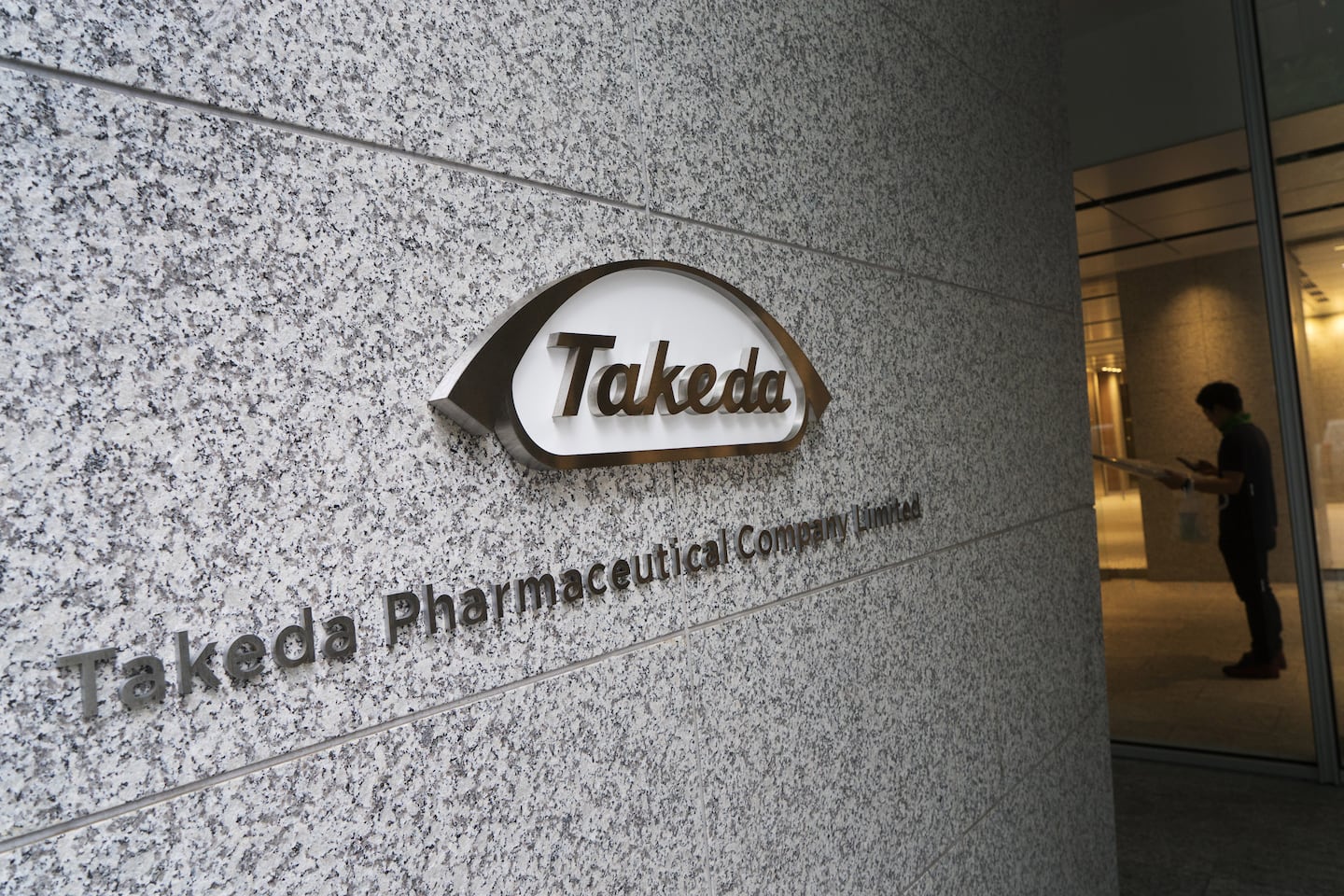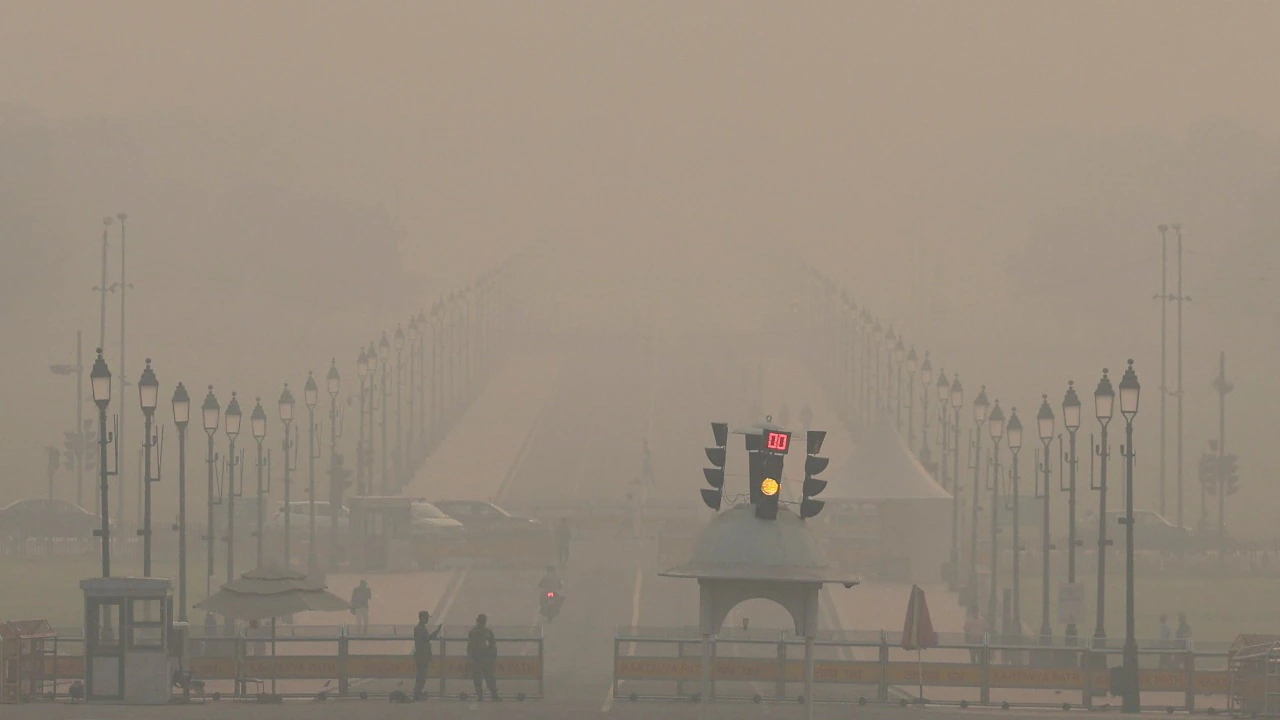Copyright The Boston Globe

Takeda Pharmaceutical Co.’s dengue vaccine has demonstrated strong protection against infection and hospitalization for seven years, marking the longest efficacy reported among any available dengue vaccines. The findings released by the Japanese drugmaker on Monday come from a pivotal phase-3 study involving more than 20,000 healthy children and adolescents across eight dengue-endemic countries in Latin America and Asia. The results bolster confidence in Takeda’s two-dose regimen, especially as countries grapple with record dengue outbreaks fueled by climate change. The study showed comparable efficacy before and after a booster dose, suggesting that an additional dose may not be necessary in endemic regions where natural exposure could act as a booster, Derek Wallace, president of Takeda’s global vaccine unit, said in an interview. (Takeda’s US hub is in Cambridge.) That will help simplify logistics and lower costs for government programs and that “strengthens Takeda’s position as a public health partner,” as it expects to generate around $1.6 billion in annual sales by 2030, Wallace said. Qdenga generated $231 million in revenue for Takeda last fiscal year. Takeda’s Qdenga is authorized in 41 countries and remains the only dengue vaccine approved for broad use. Its main competitor, developed by Sanofi SA, suffered a major setback in 2017 when an analysis showed increased risk of severe disease in population who had never previously contracted dengue and were later infected after vaccination. Advertisement About 14.1 million dengue cases were reported worldwide last year, with 9,000 deaths, according to a study by the Institute for Global Health and Wellbeing at Keele University in the UK. Brazil faced one of its worst-ever dengue outbreaks last year, with number of deaths totaling around 6,000. About half of the world population already lives in areas threatened by dengue and scientists warn that climate change will likely to hasten the spread of mosquitoes that carry the virus. Proving efficacy and safety of dengue vaccines is complicated because dengue can be caused by four distinctive strains, and protection must be built for all of them. In some cases, patients who are reinfected with a different strain can suffer more severe symptoms because the neutralizing antibodies generated from the first infection may bind to the virus and increase its ability to enter cells. Advertisement



